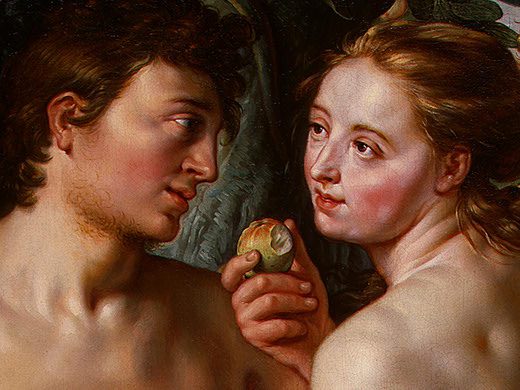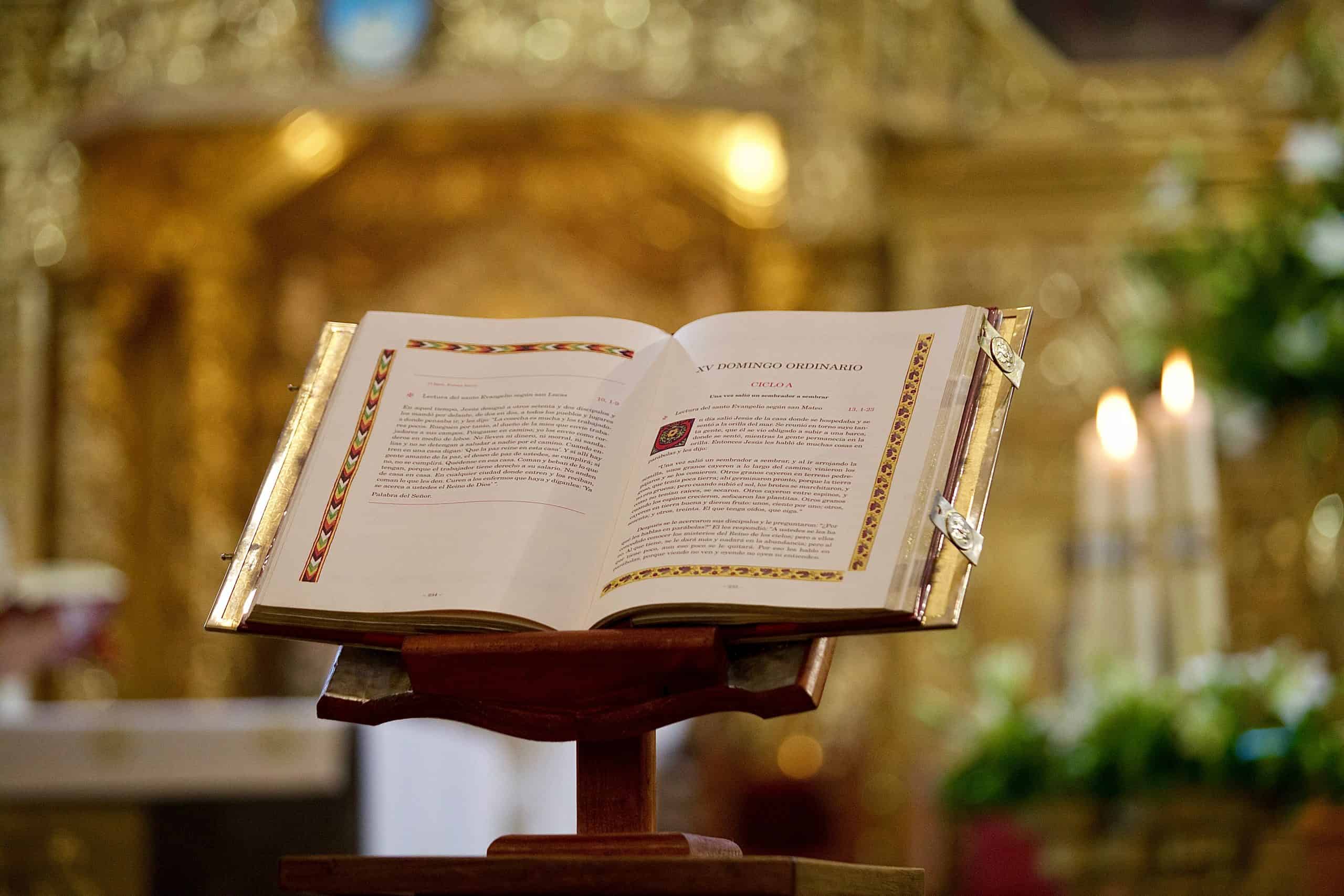
On the First Sunday of Lent, the presider prays this collect: “Grant, almighty God, through the yearly observance of Lent, that we may grow in understanding of the riches hidden in Christ and by a worthy conduct pursue their effects.” The collect invites us to give attention to the Holy Scriptures on this Sunday. The readings for this liturgy should shed light on our “understanding of the riches hidden in Christ.” After gaining the understanding, may we follow Christ to “pursue their effects.”
Fasting is what the Holy Scriptures contrast between Adam, whom God placed at “a garden in Eden” (Gn 2:8), and the Jesus, the new Adam (Rom 5:14). The first Adam broke the fast at the dawn of the human family with his disobedience to God in eating the “fruit of the tree in the middle of the garden” (Gn 3:3). Whereas the new Adam kept the fast as he began his public ministry: “Then Jesus was led by the Spirit into the desert to be tempted by the devil. He fasted for forty days and forty nights” (Mt 4:1-2).
When we reflect on this contrast, there comes the riches hidden in Christ: namely, in fasting we discover our spiritual dimension of being human. The rich hidden in Christ is more apparent in Jesus’ encounter with the devil in the first temptation: turning stones into loaves of bread. Jesus quoted Deuteronomy 8:3: “One does not live on bread alone but on every word that comes forth from the mouth of God” (Mt 4:4). The Lord pointed out that a human being is more than flesh and blood. Thus, human satisfaction is beyond the material things from this world, symbolized in food. The fulfillment of human happiness truly consists in our relationship with God.
In fasting from earthly food, Jesus directed us to the account of creation in the first book of the Bible, Genesis: “The LORD God formed the man out of the dust of the ground and blew into his nostrils the breath of life, and the man became a living being” (Gn 2:7). The “breath of life,” or God’s spirit, into our nostrils made us into being and thus happiness ultimately consists of keeping that “breath of life” in us. Keeping the “breath of life” in us means relationship with God or friendship with God. Bodily fasting awakens in us the sense that material stuff is not fulfilling the longing of our hearts, but only in relationship with God are we fulfilled. In fact, if the focus on our lives is material stuff, we reduce ourselves to dust and ashes! Bodily fasting truly reminds us of our spiritual nature.
“Just as through the disobedience of the one man the many were made sinners, so, through the obedience of the one, the many will be made righteous” (Rm 5:19), the Apostle Paul reminds us. Therefore, let us not follow the example of the old Adam in breaking the fast, but keep our eyes fixed on Jesus, the New Adam in keeping the fast. Amen.
Scriptural Readings: Gn 2:7-9; 3:1-7; Responsorial Psalm Ps 51:3-4, 5-6, 12-13, 14 and 17; Reading 2 Rom 5:12-19; Verse Before the Gospel Mt 4:4b; Gospel Mt 4:1-11


